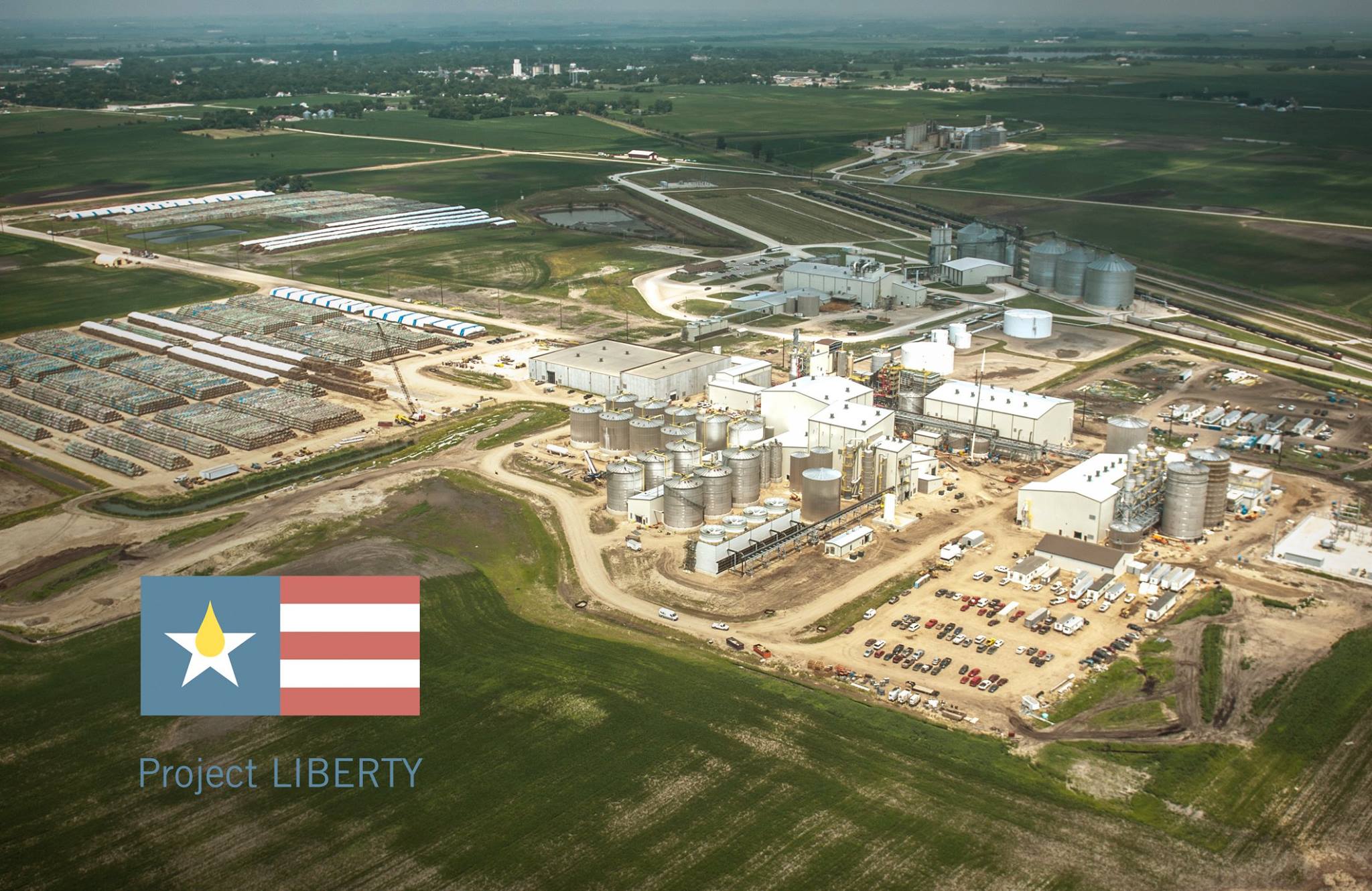 |
||||||||
| February 11, 2015 | ||||||||
| Cooperation reduces fabric change time |  |
|||||||
|
· Subscribe to Ahead of the Curve · Newsletters · Ahead of the Curve archived issues · Contact the Editor

|
North American advanced biofuel industry produced 800+ million gallons in 2014
 POET’s Project Liberty cellulosic ethanol facility in Emmetsburg, IA, which began production in September 2014. Photo courtesy of POET. Smart clean fuel policies in the U.S. states of Oregon, Washington, and California and at the federal level could drive additional job growth, improve air quality, and generate more homegrown energy. North America's advanced biofuel industry reached a production capacity of more than 800 million gallons in 2014, up from the previous year and almost double the capacity in 2011, according to a new market report unveiled by the national nonpartisan business group, Environmental Entrepreneurs (E2). This is the highest capacity since E2 released its first advanced biofuels market report in 2011, and it's more than the 787 million gal. produced in 2013. It's roughly enough to fill an entire lane of Interstate 5 from Seattle, Wash, to San Diego, Calif., with nothing but large tanker trucks filled with advanced biofuel. The report, E2 Advanced Biofuel Market Report 2014, projects that by 2017, as many as 180 companies are expected to produce 1.7 billion gallons of advanced biofuel, doubling current capacity. The report shows how advanced biofuels are on track to meet targeted emission reductions for clean fuels standards in both California and Oregon, according to E2. It also offers the latest evidence that Washington State should quickly move forward with a clean fuels standard of its own, something Gov. Jay Inslee indicated he was prepared to do in his recently announced carbon plan, according to E2. E2 defines advanced biofuel as liquid fuels made from non-petroleum sources that achieve a 50 percent reduction in carbon intensity compared with a petroleum-fuel baseline. Advanced biofuel companies included in the report, range from small biodiesel businesses such as Beaver Biodiesel in Oregon, which produces about 1 million gallons annually, to POET, which at facilities in South Dakota and Iowa produces more than 20 million gallons of cellulosic ethanol annually using corn stover, or waste from corn crops, as a primary feedstock. The report comes at a time when various initiatives, especially in the Pacific Northwest and in California, are in the works or are under review:
The new E2 report found that nationwide, the private sector has since 2007 invested $4 billion in active advanced biofuel producers and companies along the advanced biofuel value chain, with more than $200 million of that coming in the past year. An additional $848 million in grants have been distributed to advanced biofuel producers since 2007. Environmental Entrepreneurs (E2) is a national, nonpartisan group of business leaders, investors, and others who promote smart environmental policies that drive economic growth. E2 members, active in nearly every state in the country, have built or financed more than 1,700 companies that have created more than 570,000 jobs, and manage more than $100 billion in venture and private equity capital. For more information go to: cleanenergyworksforus.org. Now that you are Ahead of the Curve, stay there by joining TAPPI. |
|||||||
 |
||||||||